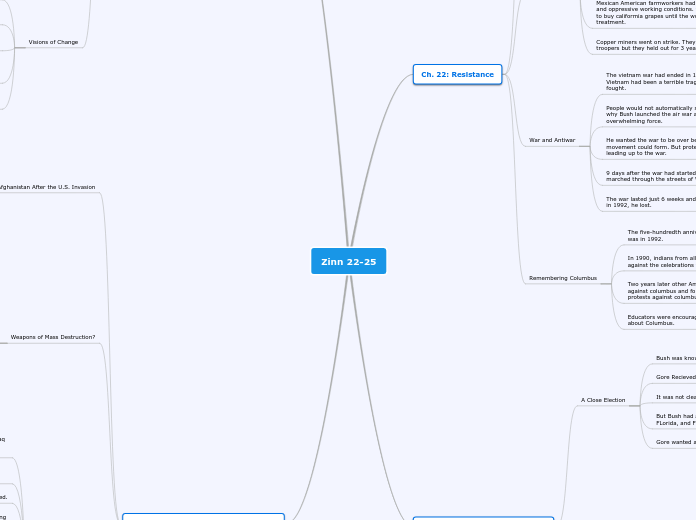da Carlin Spagnola mancano 6 anni
156
Zinn 22-25
In the late 1970s, a movement against nuclear weapons gained momentum, initially led by Christian activists and bolstered by growing public discontent over Ronald Reagan’s military spending.

da Carlin Spagnola mancano 6 anni
156

Più simili a questo